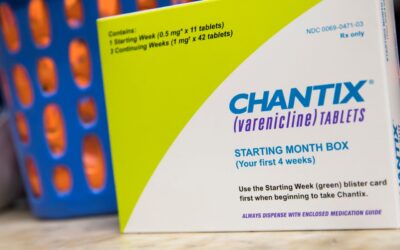Have you ever wondered how many miles nurses walk in a 12-hour shift? As it turns out, the answer is quite a lot! Studies have shown that nurses can walk anywhere from 4 to 5 miles during their shifts – making them essentially marathon runners in the world of healthcare.
So what’s the good and the bad about walking so much as a nurse? First off, the good: Walking such long distances can be beneficial for your physical health, helping to improve your cardiovascular endurance and reduce muscle fatigue. It can also help to boost your mood and energy levels due to increased endorphin production. And finally, it’s an ideal way to stay fit and active – something that nurses know all too well!
Now for the bad. Being on your feet for such long periods of time can cause severe aches and pains that can make it difficult for nurses to perform their duties effectively. In addition, walking so much each day could lead to lower back problems or leg cramps – not ideal when you’re already dealing with the physical demands of being a nurse.
At the end of the day though, walking an average of 4 to 5 miles each shift is just part of being a nurse – something that many professionals accept as part of their job description. Still, it’s important to take proper care of yourself both physically and mentally; taking breaks where possible, stretching regularly and finding time for other activities outside work will all help keep you healthy and properly energized throughout your shifts!







